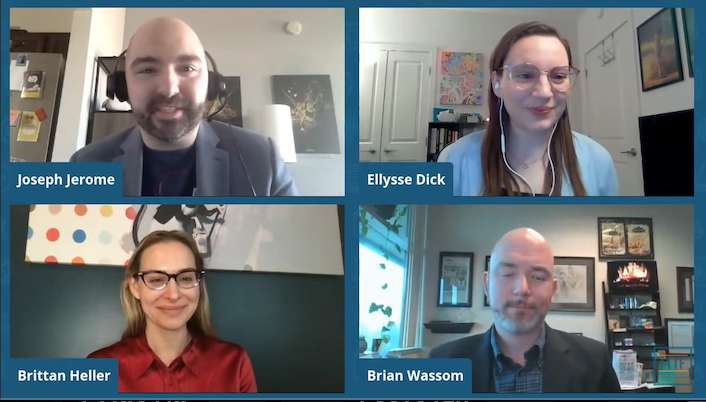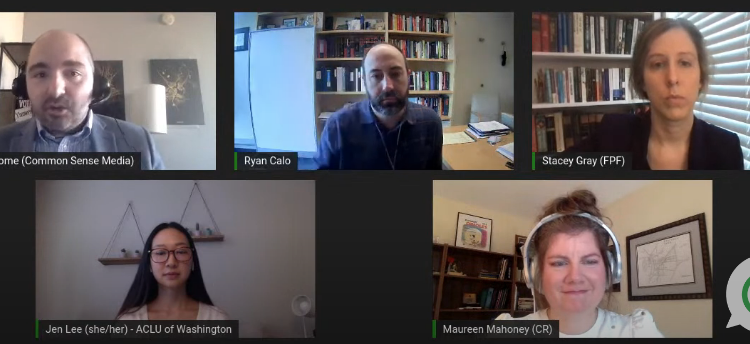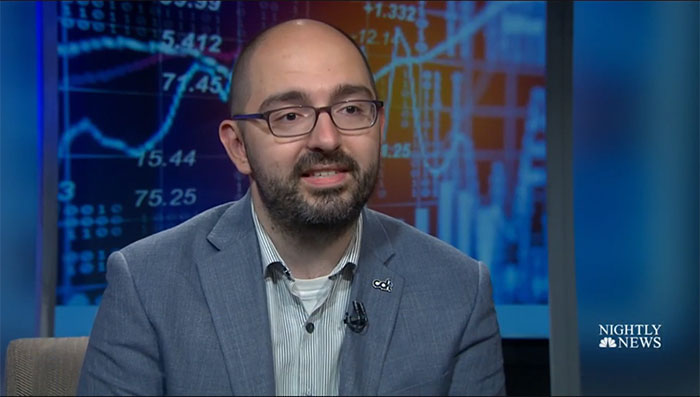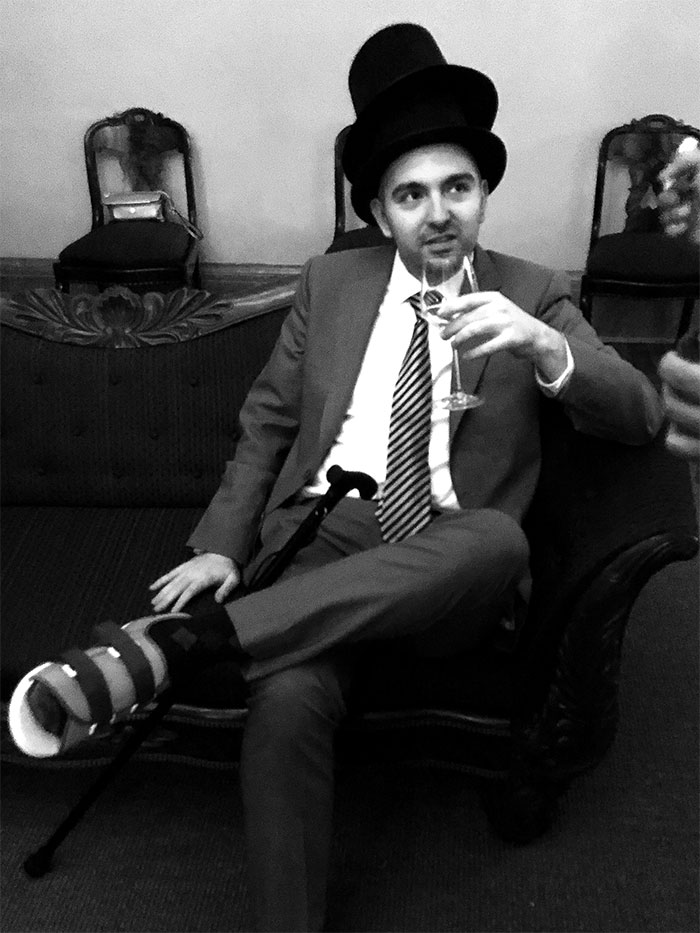ITIF: How to Balance Privacy and Innovation in Augmented and Virtual Reality
In the wake of my white paper on the implications of virtual reality for kids, I joined a panel hosted by the Information Technology & Innovation Foundation to discuss the privacy risks posed by AR/VR, what XR companies can do to mitigate these concerns, and how existing law and regulation impact immersive technologies. I’ve been longtime fan of Brian Wassom and Brittan Heller, and it was a lot of fun to talk immersive tech with them:





